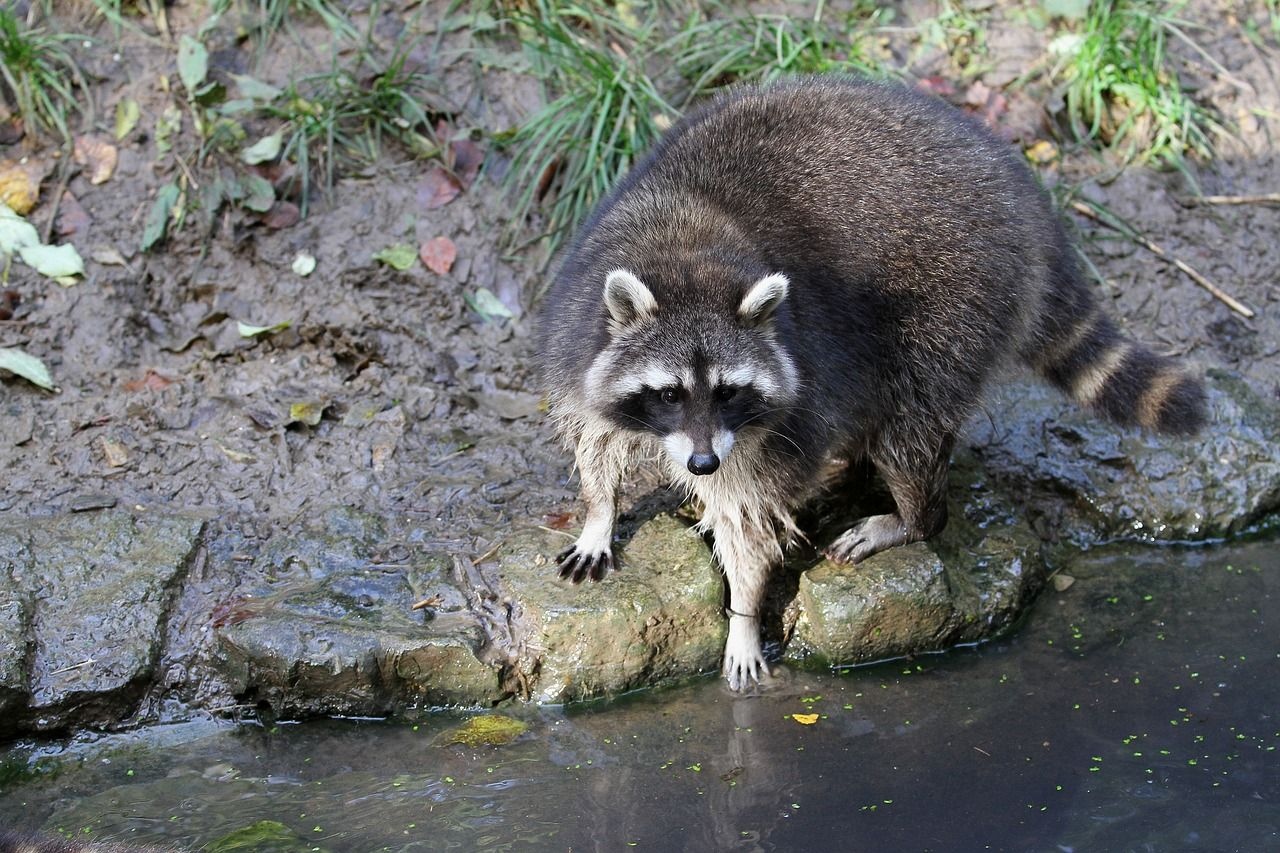
Area public health officials say two raccoons collected in Tuscarawas and Carroll counties have tested positive for the rabies virus.
The first rabies case was announced by the Carroll County Health Department Monday and involved a raccoon that had attacked a pet cat outside of a Sherrodsville residence.
The second was announced Friday by the Tuscarawas County Health Department and involved a raccoon that had been struck by a vehicle in Goshen Township near state Route 39 during routine rabies surveillance.
The raccoons are the second in both counties to test positive for the virus.
The first case in Carroll County was announced on August 28 and involved a raccoon that had attacked a family dog outside of another Sherrodsville residence.
The first case in Tuscarawas County was announced on August 1 and involved a raccoon that had been collected near Echo Lake Road in Warren Township, about seven miles west Sherrodsville.
Tuscarawas County Environmental Health Director Caroline Terakedis says the most recent raccoon to test positive for the virus in the county was found about 2.5 miles away from where the first raccoon was collected.
Both tested positive for Raccoon Rabies Variant, or RRV, the strain most commonly transmitted to domestic animals including dogs and cats.
Susie Frew is the public information officer and a health educator for the Carroll County Health Department. She says the department has submitted samples from the two raccoons found in Sherrodsville to the U.S. Centers for Disease Control and Prevention for additional testing to determine whether those animals were also infected with RRV.
Public health officials in both counties will continue to work closely with state wildlife officials to conduct enhanced surveillance in the area where the rabies-positive raccoons were found.
Federal wildlife officials from the US Department of Agriculture will be returning to the area to begin the next phase of their response to the recent rabies confirmations.
John Paul Seman is a supervisory wildlife biologist for the USDA’s Sandusky District. He says the department recently received laboratory results for the animals that were trapped in and around the area where the first rabies-positive raccoon was found. Of the 540 raccoons trapped, none tested positive for the virus.
Seman says another round of trapping is planned for the area in October to determine how many raccoons consumed the vaccine-filled baits that were dropped in the area last month.
“We’ll be coming back into Tuscarawas [County] to check and see if the vaccine is working, basically,” he says. “We’ll see what percentage of raccoons are being vaccinated by the most recent bait drop.”
Seman says it takes approximately four to five weeks for raccoons that have consumed the baits to begin developing antibodies to the virus so it’s not unusual to see a few additional rabies cases immediately after a vaccine drop, especially in a new area where a positive has just occurred.
“You kind of put out that fire after that six-week period because these other raccoons are now vaccinated, and that’s what you’re hoping for. We should see this quiet down as we move forward, so we’re kind of letting the baits do their job at this point.”
In the meantime, both county health departments are urging residents to avoid contact with wild animals, sick or injured animals, and animals they are not familiar with and to make sure their pets are up to date on their rabies vaccinations.
A low-cost rabies vaccination clinic is scheduled for this Saturday, September 22, in Alliance. The clinic will be from 1 to 3 p.m. at Silver Park, located at 2930 South Union Ave. The cost per vaccination is $10, which must be paid in cash.
Residents are also asked to continue reporting any raccoons, skunks, foxes, coyotes or bobcats displaying strange behavior. The Tuscarawas County Health Department can be reached by calling 330-343-5550 or emailing director@tchdnow.org. The Carroll County Health Department can be reached by calling 330-627-4866.
Stacey Carmany, Tusco TV
